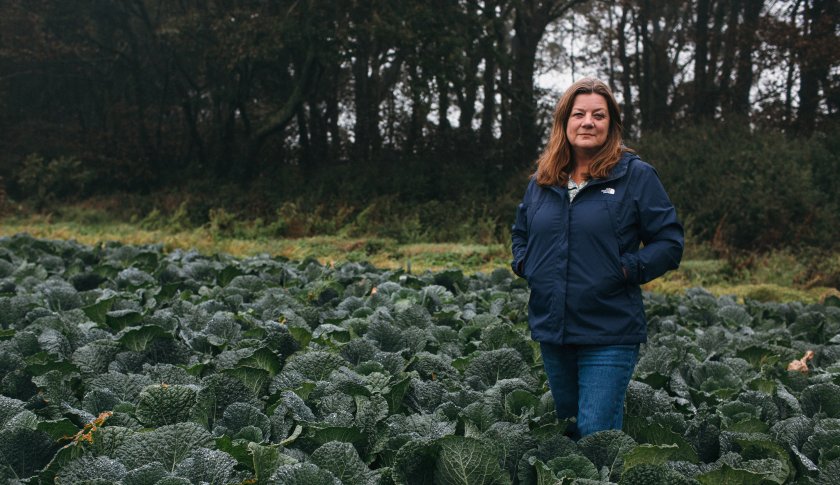CLA calls for farming budget of 'at least £4 billion a year'

The government must back farmers with a £4 billion a year budget to win over industry confidence, the County Land and Business Association (CLA) has urged.
The rural body said that all farmers, including the next generation, needed to have more confidence in the government amid rising costs and inflationary pressures.
An increased budget of 'at least' £4 billion a year for farmers in England would deliver 'meaningful improvements to the environment'.
The CLA made the comments at its annual London conference on Thursday (30 November). Both Defra Secretary Steve Barclay and Shadow Defra Secretary Steve Reed were in attendance.
The current government needs to spend at least £2.7 billion this year to hit its own farming budget target.
During her speech, CLA President Victoria Vyvyan urged those in power to go further, calling on the Welsh government to also increase its budget, to £1 billion.
Ms Vyvyan told delegates: “There’s concern and confusion but there’s also excitement in the farming sector. Things are changing and for the next generation that means opportunity.
“We need an undertaking that Defra Ministers will go in to bat for an agriculture budget north of £4 billion a year in England for the next parliament.
“With this guarantee, businesses young and old can go to the bank with proof of affordability to finance growth, improve margins and confirm a future.”
She outlined how profitable farming could deliver for people and the planet as "it is in the very nature of land managers to deliver solutions".
The CLA has been working 'robustly but collaboratively' with Defra to help improve its funding schemes, with Ms Vyvyan urging farmers to apply for support through the Sustainable Farming Incentive (SFI) and the Funding in Protected Landscapes (FiPL) programmes.
But she warned that rural businesses were being held back by a planning system not fit-for-purpose: “Planning is not working at all and is a serious hinderance to the roll out of rural prosperity."
She also called for more to be done on rural skills provision: “If we are going to grow the rural economy of the future, we need to engage with secondary education and help businesses to bring on the next generation.”








